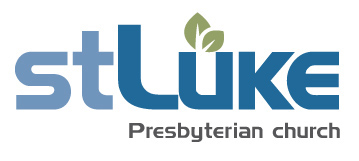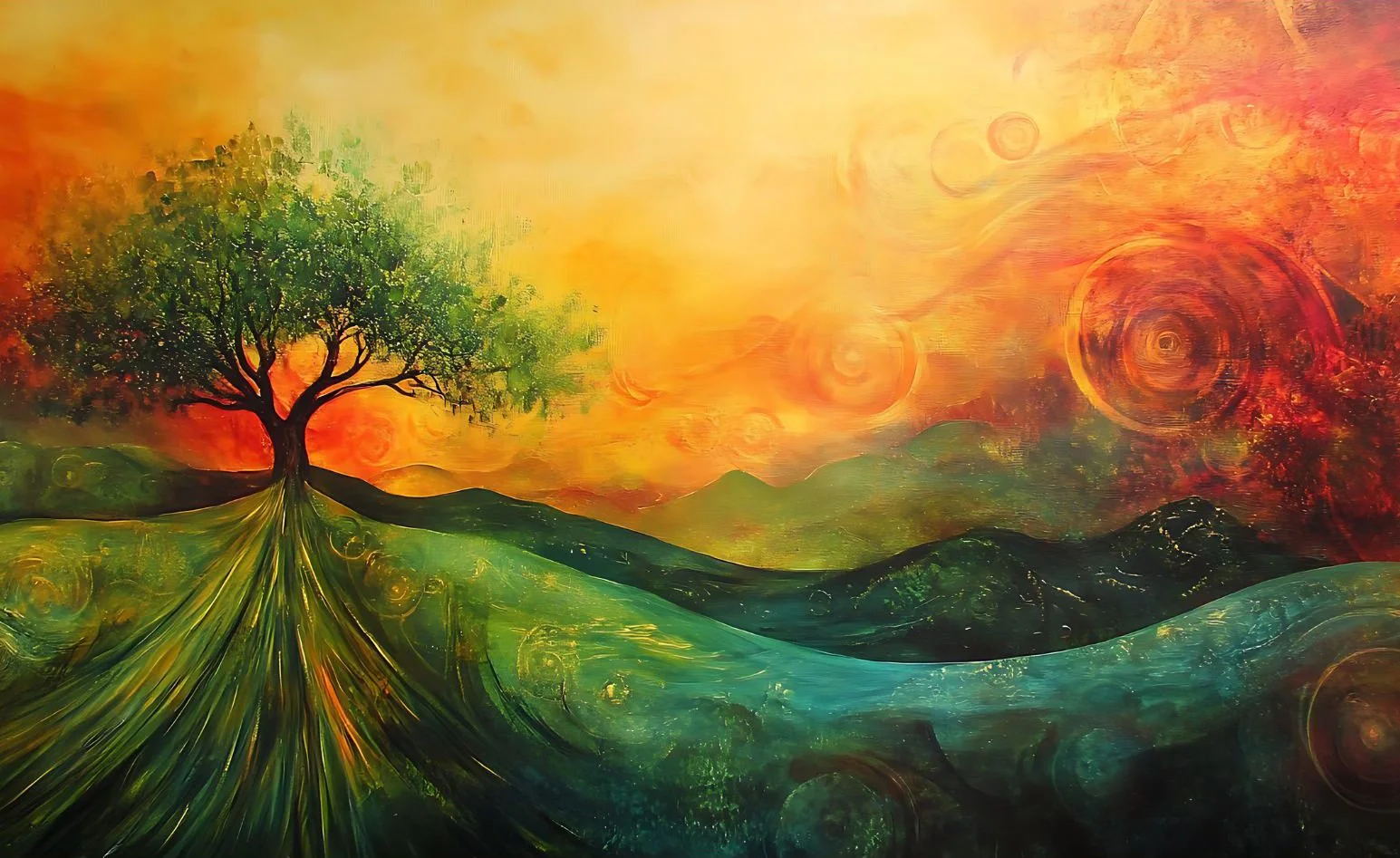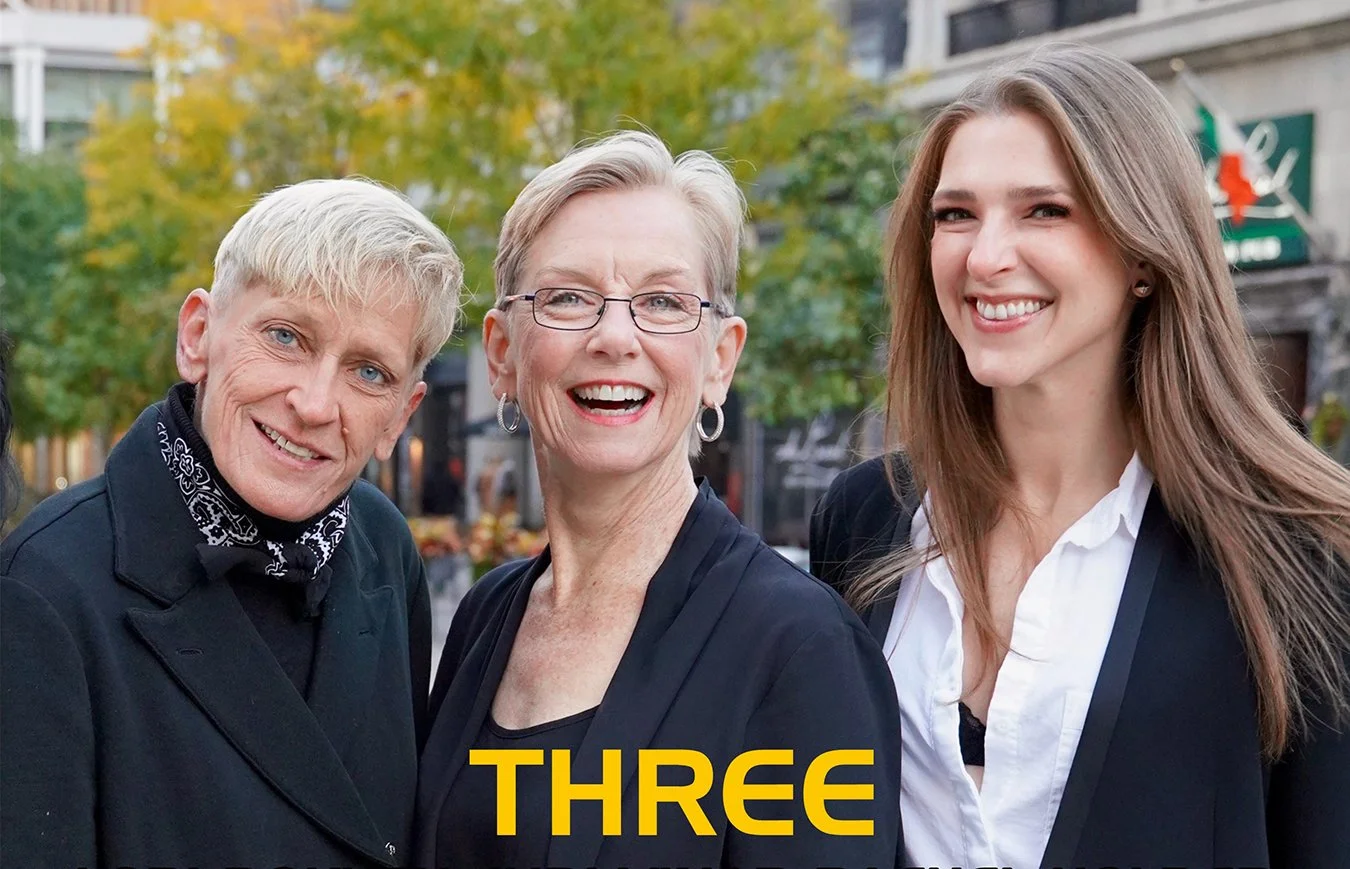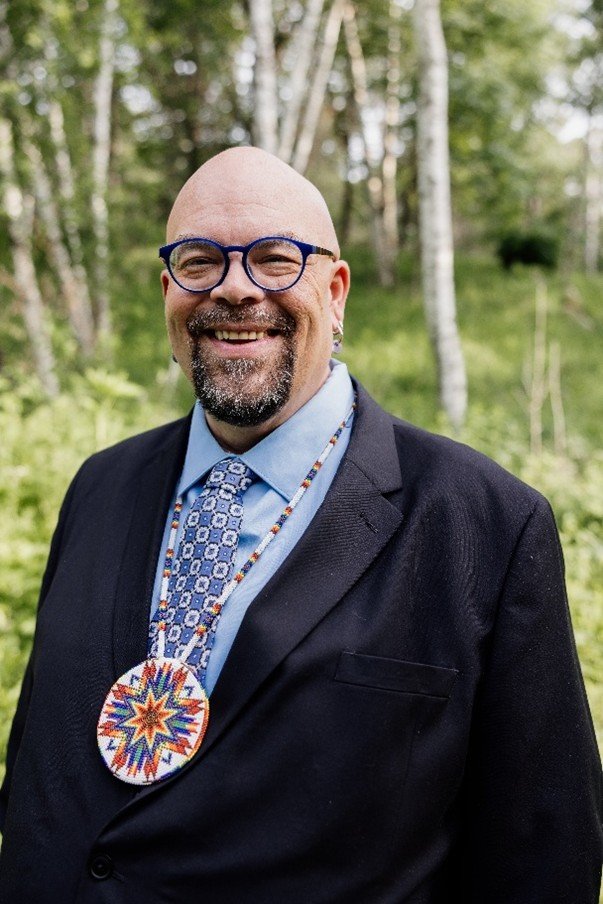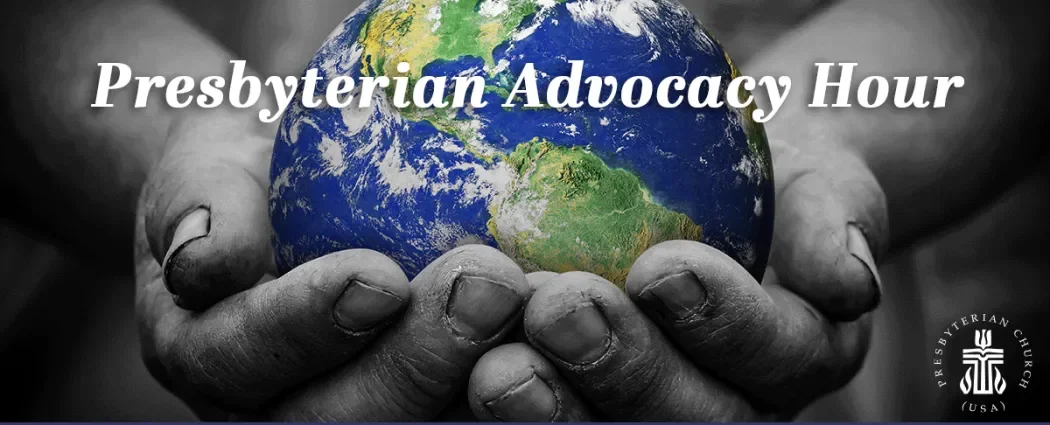The Once and Future Church
/Q&A with Rev. Dr. Kristin Riegel
Q. How have you seen faith communities changing?
A. COVID changed the entire world, but it really propelled the church into embracing new technologies, connecting with people in new ways, and having more of a role on social media. I’m also seeing churches starting to focus on what their specific calling is. Congregations are saying, “This is the thing that God is calling us to do in our local community. We’re going to focus on this one thing and do it really well.” Some churches are focusing on social justice issues such as immigration or housing, while others are concentrating on community gardens or environmental sustainability. Others are taking significant risks by planting new worshiping communities. It’s exciting see to how the Spirit is calling congregations to engage in unique ministries within their local contexts and the impact these ministries are having.
Q. How are you seeing these trends come alive at St Luke?
A. St. Luke is a congregation with a long history of transformative justice work. It has always been at the forefront of the justice issues—whether that was addressing local food issues, being part of the sanctuary movement, or working for LGBTQIA+ inclusion in the church. St. Luke is poised right now to say, “What is our next chapter? What is the thing that we can do really well together as a community in this moment in time to serve our neighbors, to serve God, and to be part of creating a more just and loving world?” Some of the ways I see St. Luke already doing this are through its environmental stewardship work, its work with children and youth, and its partnerships with local community organizations, including the Division of Indian Work and Liberty Church.
Q. What anchors progressive church communities these days? Is it just belief, or is it something larger?
A. Many progressive church communities are rooted in values such as love, justice, and mercy. They also often have a strong emphasis on putting belief into action. A community like St. Luke is deeply rooted in a Christian tradition of justice and love, as expressed through Jesus Christ’s life, ministry, death, and resurrection. And as followers of Jesus, our faith is something that we need to practice through our actions and interactions. For instance, if we say we are a community that believes in God’s justice, that believes in joy, that believes in reconciliation, we need to commit ourselves to practicing these things in our own lives and in our life together as a community. And this is something that I think St. Luke does really well.
Q. Churches have made mistakes, and many people have walked away from them. Yet they still have a role to play. What’s a more hopeful vision for churches in the future?
A. I am here at St. Luke because I am incredibly hopeful about the future of the church—not just this church, but the church in general. I believe God is doing something new. I believe that now is the time to lean into the church’s prophetic calling, to work for justice and to care for our neighbors, especially those who are being marginalized. Now is the time to lean into the call to do justice and to love kindness, and to walk humbly with God. That’s what St. Luke has done throughout its history, and that is what we will continue to do together.
I think the church is going to be around because we need messages of hope. We need places to come to in our brokenness and our belovedness, and to be known, to be loved, to be held, to be nurtured. And then to be sent back out into the world to share this same love, grace, and hope with others. So I think there will be a church. I think the church will look different. It may be more niche and smaller. But I’m very hopeful about what God is doing in the world.
